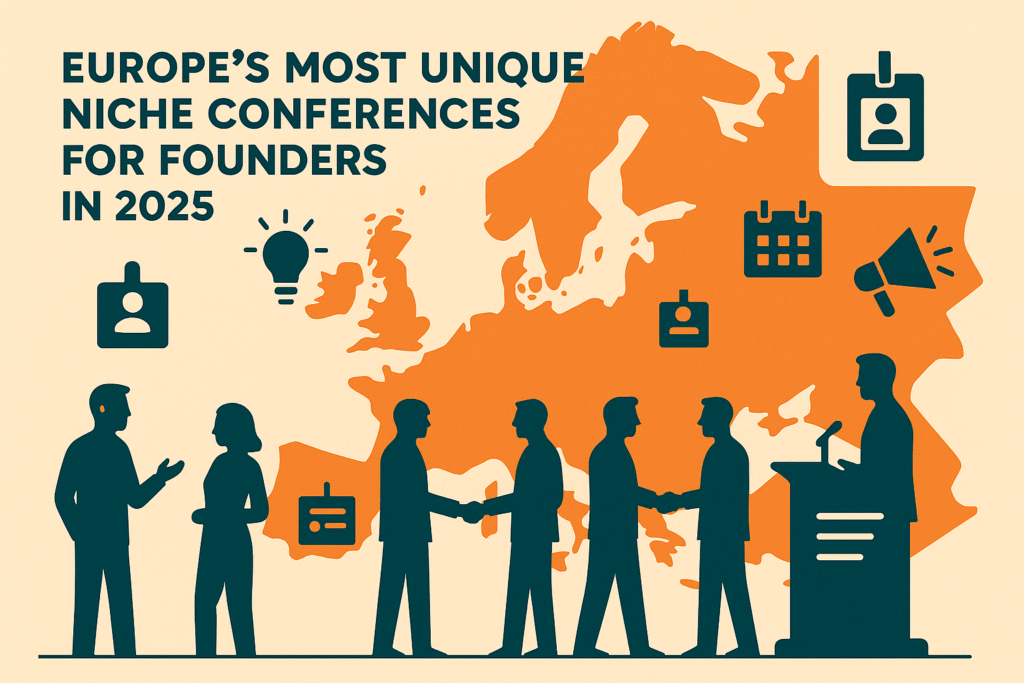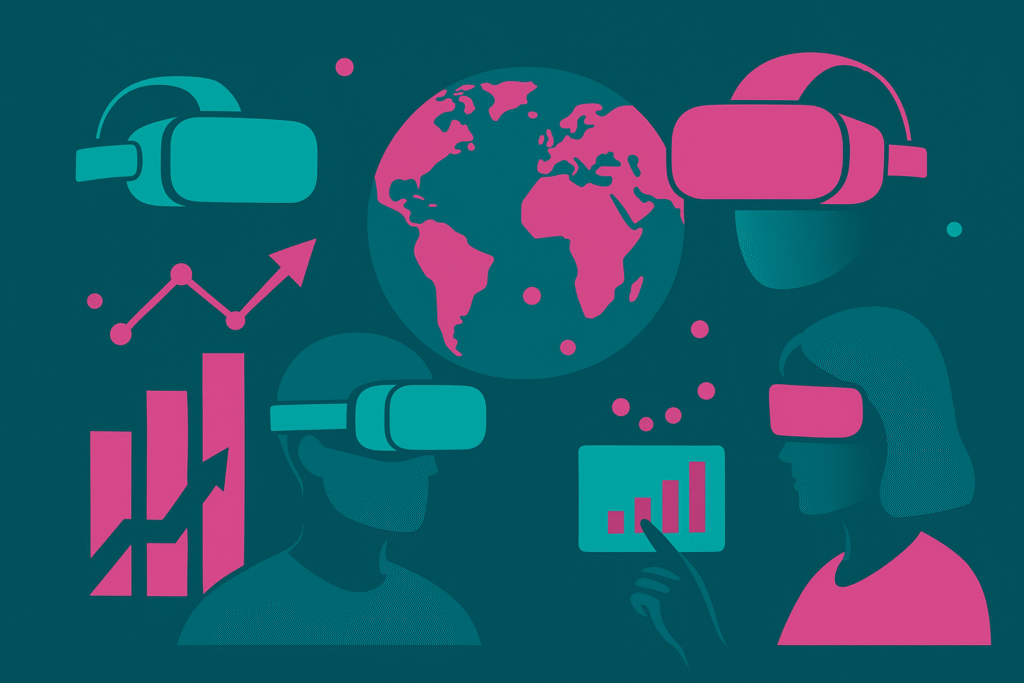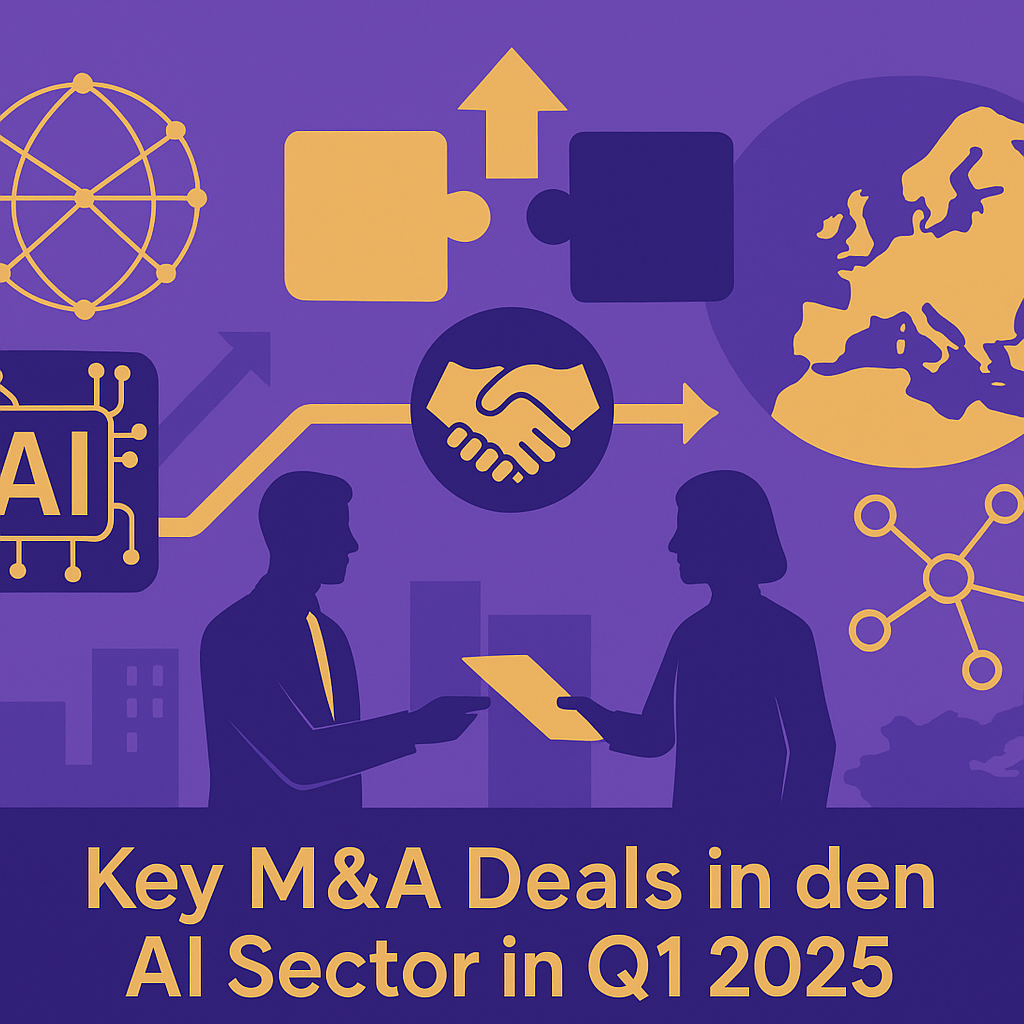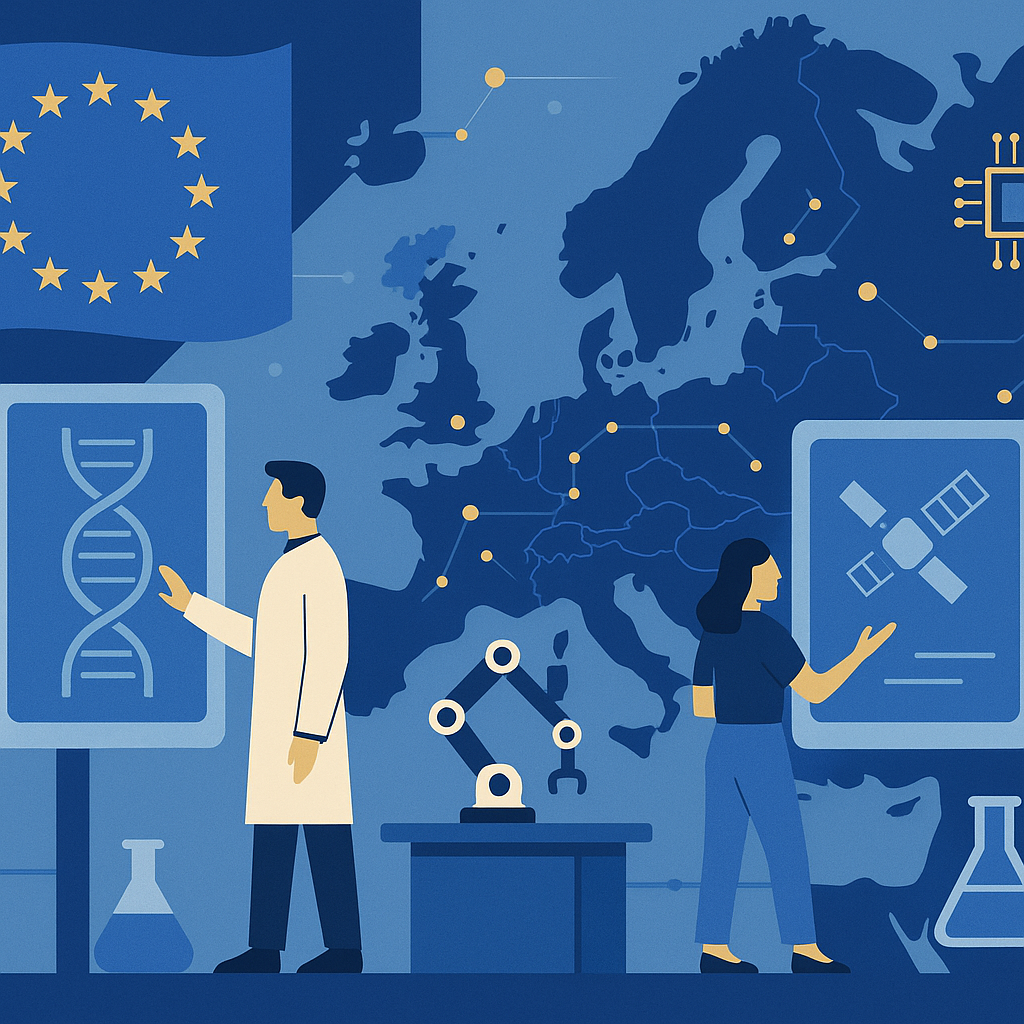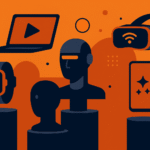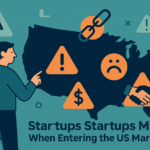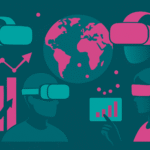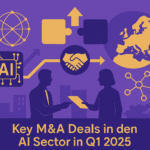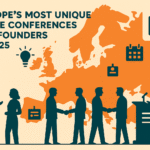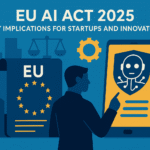Now Reading: 10 Startup Trends That Will Define the Second Half of 2025
-
01
10 Startup Trends That Will Define the Second Half of 2025
10 Startup Trends That Will Define the Second Half of 2025
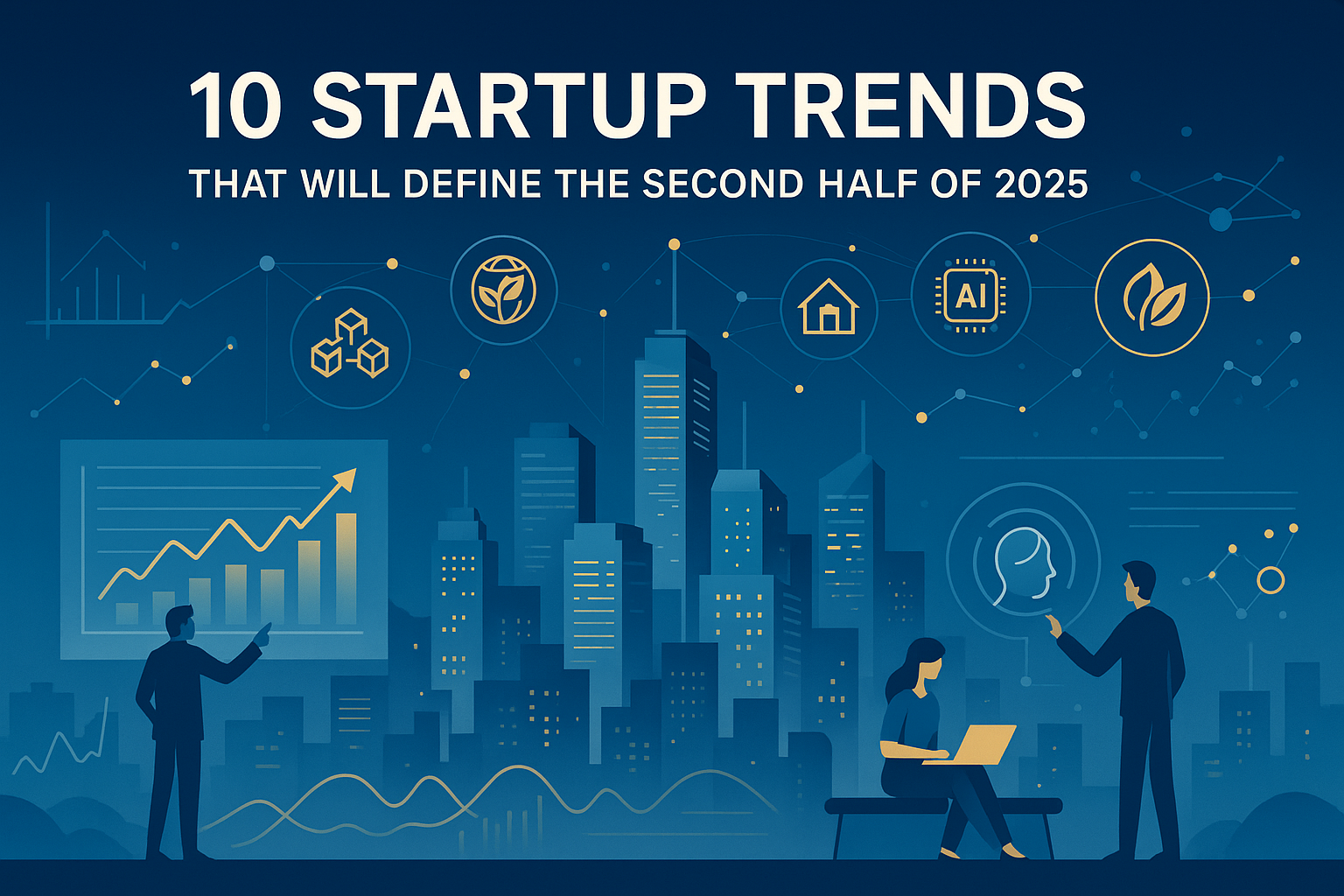
As we enter the second half of 2025, the global startup ecosystem is experiencing transformative shifts driven by rapid technological evolution, regulatory changes, and shifting consumer preferences. These developments present significant opportunities and challenges. Here we provide an extensive exploration of ten crucial trends poised to redefine the startup landscape, complemented by real-world examples and actionable insights.
1. Generative AI and Autonomous Agents
Advances in generative artificial intelligence (AI) are revolutionizing industries by automating creative and complex analytical tasks. Gartner predicts that by late 2025, over 50% of startups will integrate generative AI to enhance their operations substantially. Example: OpenAI’s ChatGPT has set the stage, prompting startups like Jasper and Copy.ai to optimize marketing content creation (Gartner, 2025).
2. Sustainability and Climate Tech
Climate-focused startups are attracting massive investments, driven by regulatory demands and growing consumer sustainability concerns. According to PwC, climate-tech investments surged by 210% year-on-year in 2024 and are expected to accelerate. Example: Startups like Climeworks and Carbon Engineering are pioneering direct air capture technologies to remove CO2 from the atmosphere (PwC Climate Tech Report, 2024).
3. Remote-first Infrastructure
The shift towards remote and hybrid work models is solidifying. McKinsey notes over 70% of companies adopting permanent hybrid models by 2025. Startups offering innovative remote productivity, cybersecurity, and collaboration tools are flourishing. Example: Miro and Notion have seen exponential growth due to the widespread adoption of remote working (McKinsey, Future of Work Report, 2024).
4. Web3 and Decentralized Platforms
Blockchain technology is driving innovative decentralized applications (dApps), offering enhanced security, transparency, and decentralization. Deloitte forecasts significant expansion in decentralized finance (DeFi), gaming, and identity verification sectors. Example: Ethereum-based platforms like Uniswap and Decentraland have pioneered this decentralized landscape (Deloitte Blockchain Survey, 2025).
5. Extended Reality (XR) Integration
The integration of augmented reality (AR), virtual reality (VR), and mixed reality (MR) is enhancing consumer engagement and operational efficiency across sectors. IDC projects the XR market will reach $200 billion globally by 2025. Example: Startups such as Magic Leap and Varjo have revolutionized remote collaboration and immersive training solutions (IDC XR Market Forecast, 2025).
6. Cybersecurity and Privacy Tech
With increasing cyber threats and stringent privacy laws, cybersecurity startups are crucial for business continuity and regulatory compliance. Gartner expects cybersecurity expenditure by startups and SMEs to surpass $90 billion in 2025. Example: Companies like CrowdStrike and SentinelOne have established new benchmarks for endpoint security solutions (Gartner Cybersecurity Forecast, 2025).
7. Personalized Digital Health
Advances in AI, IoT, and biotechnology foster personalized healthcare solutions, significantly enhancing treatment outcomes and patient experiences. Statista anticipates the digital health market surpassing $600 billion by 2025. Example: Startups like 23andMe and Biofourmis leverage personalized genetic data and AI-driven analytics for better health management (Statista Digital Health Market Analysis, 2025).
8. Circular Economy Solutions
Innovative startups promoting the circular economy are gaining momentum, advocating resource efficiency, recycling, and sustainable practices. According to the Ellen MacArthur Foundation, circular economy initiatives could unlock $4.5 trillion economic growth by 2030. Example: TerraCycle and Too Good To Go exemplify innovative waste reduction and reuse models (Ellen MacArthur Foundation Report, 2024).
9. EdTech Evolution
The education technology (EdTech) sector is evolving rapidly with the integration of AI and immersive technologies, significantly enhancing personalized learning experiences. HolonIQ estimates the EdTech market to exceed $500 billion by 2025. Example: Coursera and Duolingo continue to innovate, reshaping global education through adaptive learning technologies (HolonIQ EdTech Report, 2024).
10. SpaceTech Commercialization
Space technology is becoming increasingly accessible due to falling costs and innovative business models, enabling new satellite services and space tourism. Morgan Stanley projects the global space economy to reach $1 trillion by 2040, with significant startup contributions beginning in 2025. Example: SpaceX and Rocket Lab have significantly lowered the barriers to entry in satellite deployment and space travel (Morgan Stanley Space Economy Report, 2025).
Our Takeaway
The latter half of 2025 marks a pivotal moment for startups, driven by extraordinary technological innovations and unprecedented market opportunities. Entrepreneurs and investors who proactively embrace and adapt to these evolving trends will not only secure competitive advantages but will also meaningfully contribute to the broader economic and societal landscape.
Harvard Business Review
https://hbr.org/
MIT Technology Review
https://www.technologyreview.com/
Nature (для публикаций о глубоких технологиях и научных прорывах)
https://www.nature.com/
Science Magazine
https://www.sciencemag.org/
TechCrunch (для технологических стартапов и инноваций)
https://techcrunch.com/
The Economist
https://www.economist.com/
McKinsey Insights
https://www.mckinsey.com/featured-insights
PwC Innovation Hub
https://www.pwc.com/gx/en/services/advisory/innovation.html
Deloitte Insights
https://www2.deloitte.com/global/en/insights.html
European Commission – Horizon Europe official site
https://ec.europa.eu/programmes/horizon2020/
